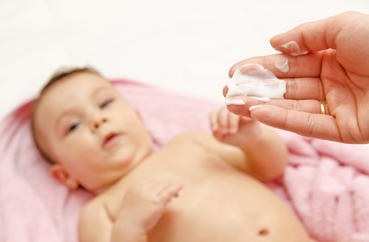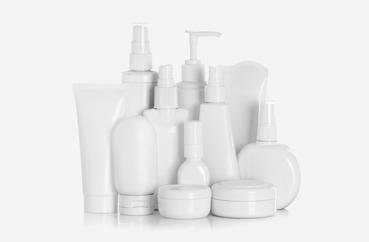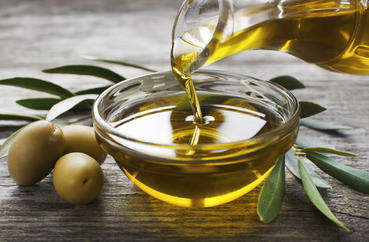
What Are The Major External Factors Affecting Baby’s Skin?
Water hardness (hard vs soft composition)
Rapid drying of skin (moisture loss, pH levels)
Allergens (dust, pollen, pets, detergents)
Adult products (stronger performing solutions)
Natural cooking ingredients (olive oil)

Water can be hard, soft, or artificially soft. The hardness of water and buffering capacity varies depending on its composition.
Water hardness can contribute to damaging the skin barrier, dryness, and other serious skin conditions. It has been directly linked to the prevalence of atopic dermatitis.
Mild baby cleansers can help provide adequate care and protection to baby’s skin and reduce the effect of water hardness of bath water.

Infant skin is up to 30% thinner than adult skin and can lose water up to 2X faster than adults
Dry skin can ultimately lead to skin barrier damage, which is indicative of a fluctuating barrier function.
Moisturizing as an effective regimen is key in protecting baby’s skin. Recent studies concluded that daily application of moisturizer during first few weeks of life (24 to 32 weeks) would reduce risk of atopic dermatitis.

Common allergens found in the household can damage the delicate balance of baby skin and trigger allergic reactions. These include dust mites, mold, pollen, insects, animal hair, fur, and feathers.
These allergens can accumulate on common items in the baby’s environment such as soft toys, toy box, bed, curtains, and windows.
Parents should clean the baby’s room often and only keep the essentials for baby care.

Baby skin is vulnerable and can be easily compromised or irritated with harsh cleaners.
Adult soaps, antiseptic cleaners, and rough sponges should be avoided in baby skincare. Cleaning with harsh cleansers can disrupt the epidermal barrier and cause mild damage or irritation.
Safe, mild, and effective products unique to baby skincare should be for the special needs off baby skin for healthy development.

Natural household items such as olive-oil are often recommended despite lack of evidence of their benefits on infant skin. Food manufacturing standards are different from cosmetic standards; and should not be interchanged.
Vegetable oils are highly varied in composition and often sensitive to oxidation and light, which can be damaging to baby skin barrier.
Olive oil present in commercial items has been found to cause redness and irritiation due to high levels of oleic acid.
Mineral oil, colourless and odourless oil extracted from petroleum, is a safe choice. It is stable, prevents water loss, and is suitable for sensitive skin.


